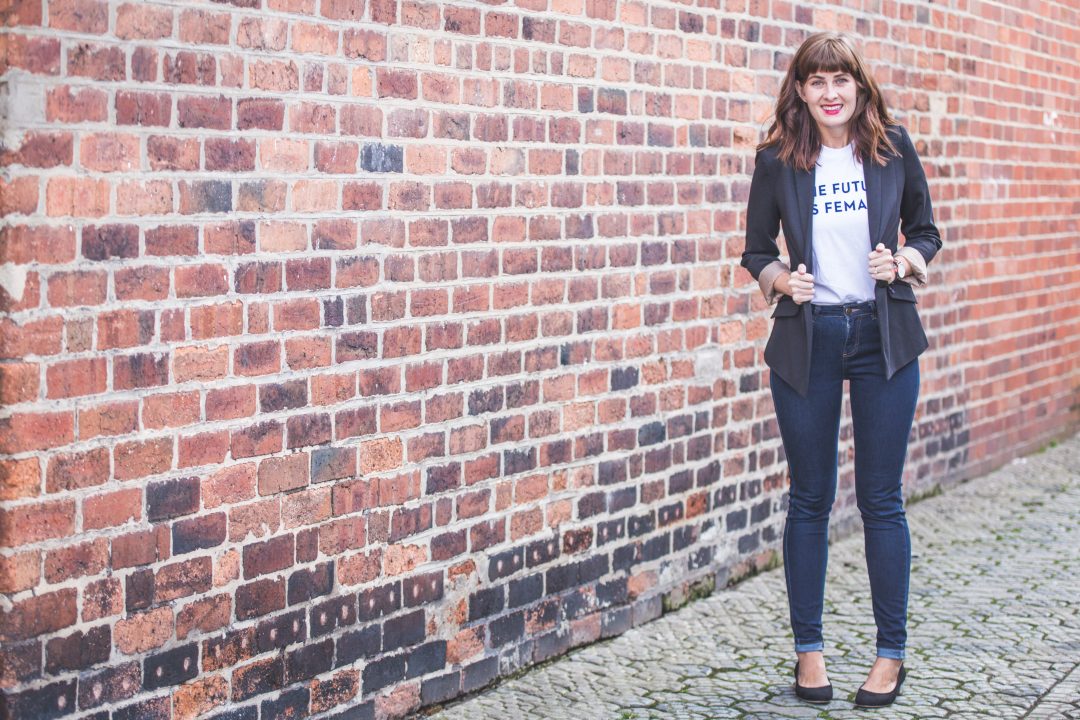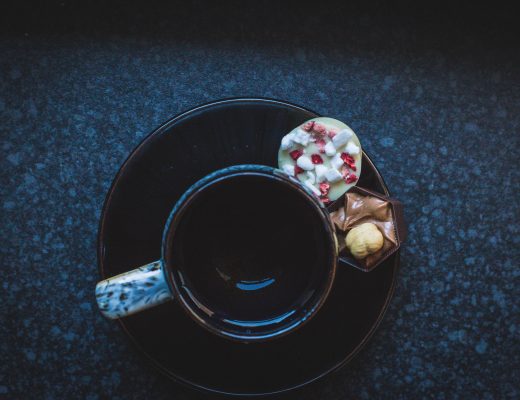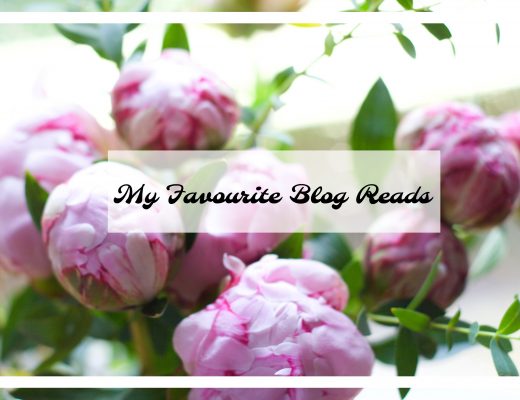Is it just me or has feminism felt really zeitgeisty this year? From the massive (and well-deserved) reception that The Handmaid’s Tale received to TopShop selling female revolution shirts, feminism has been reclaimed by cool girls. And I’m in two minds about it. One part of me is glad that feminist is no longer a dirty word and that we are challenging the assumption of men-hating, bra-burning, non-leg-shaving stereotypes. On the other hand, I hate the commercialisation of it, this sort of cash-and-carry support of an “ism” for street cred. The co-opted corporatisation rarely effects actual change and can take away from the issues. (But that’s a subject for another post.)
My own journey into feminism was a convoluted one. I grew up knowing, to the core of my being, that women could do anything that men could do. My single-parent mom kicked-ass and worked hard at everything she did, and truly taught me the meaning of sacrifice. She never failed to tell me that if I wanted to be president, I could be president. And like every good child of the 90s, I grew up with the commercialisation of “girl power” and with an immense love of the Spice Girls. But at the same time, I didn’t consider myself a feminist. I (wrongly) assumed a lot of negative stereotypes perpetrated about feminists by culture, especially in the early 00s. If at age 16 you had asked me if I’m a feminist, my answer would have been “umm…I’m not sure. I believe in equality for women but I don’t think so?”
I will also hold my hand up and admit that during university, I ended up swapping my women’s study class for something more “meaningful” (a close study of Latin American revolutions focusing on charismatic leaders – which ended up being the focus of my International Studies degree), which says a lot of about the way that patriarchic ideas of importance influenced my very course selections. But though I swapped my women’s study course to literally study men (yes, I see the irony there) my journey into calling myself a feminist started at university and under my own self-education.
In university I worked at a museum and when there was no one in the galleries I was allowed to read. I checked out feminist tome after tome and tried to further my own personal gender studies. The more I read, explored, and to be honest, lived in the world, the more I realised that I don’t have autonomy over my own body in many ways. Wage gaps still prominently exist. Reproductive health is forever threatened. Rape culture is rampant. And this doesn’t even touch the edge of the concerns that effects the vast majority of women on the planet. The moment I discovered the Bechdel test it opened my eyes to something that I always felt was missing but didn’t have a term for – I watched films in different ways.
It is remarkable that I have teared up at two films in recent memory that let women be awesome, unabashedly and in a non-sexualised context: Jillian Holtzmann’s final battle with the army of ghosts in the recent “Ghostbusters” and WonderWoman going over the trenches in last year’s “WonderWoman” (Though they were both missed feminist opportunities in other areas).
My feminist journey hasn’t ended. It’s a path I’m on and there’s no end point in sight. At the moment, I’m absolutely loving the Guilty Feminist podcast (though I feel more angry than guilty). And until women everywhere are granted equal political and social rights, feminism still has a place in all of our lives.
“Feminism is about equality, about creating a world where we can all receive the same treatment, regardless of gender. We can’t say that we believe in equality but we aren’t a feminist—the two are one in the same.”
The thing is, however, many of the women and men who awkwardly avoid being labelled as a feminist are aware that feminism is about equality not superiority. They’ve heard the dictionary definition, and they still stand by their misinformed idea that feminism is about suppressing men. I can understand to some extent why such a movement could make men feel uncomfortable with the idea of their privilege, or even fearful about losing power. But what is it about the movement for equality that makes so many women uncomfortable?
Feminism is about equality. It is not “women vs. men.” It is about feminists (male and female alike) vs. the patriarchy—a long-established set of societal norms based on the assumption that men/masculinity is better than women/femininity. As I’ve aged, I’ve gotten more and more passionate about certain subjects in life and feminism is definitely one of those things.
And I’m really grateful for my self-education about feminism as it’s let me come into it with eyes wide-open and allowed me to see some of the amazing accomplishments the various waves of feminism have achieved and also the women that it’s left behind. It’s by no means a perfect movement, and there’s a lot to critique, but there’s also a lot to love.
So here’s my list of books that every female or male needs to read:
The Feminine Mystique by Betty Friedan
The Beauty Myth by Naomi Wolf
The Bell Jar by Sylvia Plath
Bad Feminist by Roxane Gay
We Should All Be Feminists by Chimamanda Ngozi Adichie
The Handmaid’s Tale by Margaret Atwood
Sister Outsider by Audre Lorde
Shrill: Notes from a Loud Woman by Lindy West
How to Be a Woman by Caitlin Moran
The Second Sex by Simone de Beauvoir
The Female Eunuch by Germaine Greer
Daughter of Fortune by Isabel Allende (or really anything by Allende)
Top Girls by Carol Churchill *play*
Sexual Politics by Kate Millet
Persepolis by Marjane Satrapi
We Were Feminists Once by Andi Zeisler
If you liked this post, you might also enjoy:
Women’s March – What’s Next
The Future is Female
Blogging with Intent
Down with Diet Culture
Trying to Make Sense of This Election
Women Who Inspire Me #1: Joan Didion
A Christmas Gift Guide for Your Favourite Feminist
Women Who Inspire Me #2: Sylvia Plath
Feminist Reads for Every Age
Women Who Inspire Me #3: Georgia O’Keeffe
Women Who Inspire Me #4: Ruth Bader Ginsburg



